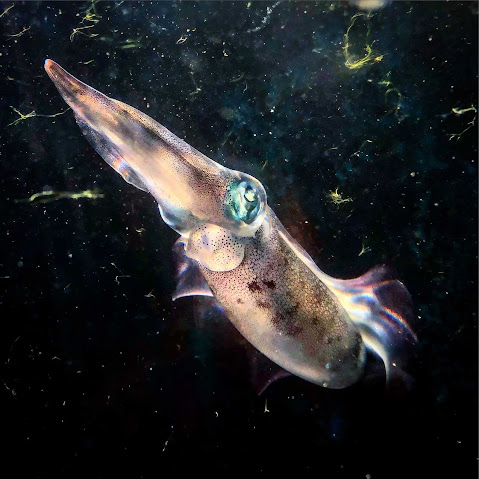 |
| The Australian native social parasitic bee Inquilina and its host Exoneura Credit: Flinders University |
Like diseases affecting humans, parasites can wage a deadly evolutionary ‘arms race’ against their hosts. But can hosts and parasites upgrade their weapons at the same rate?
The parasite bee and host species have evolved in complementary ways.
This can be a very unequal battle for two reasons, Flinders University researchers say. If the parasite is too successful it will wipe out its host, and therefore lose its only means of surviving.
At the same time, evolutionary ‘wars’ between hosts and their parasites depend on their rates of evolution; we can think of that as their ability to ‘upgrade their weapons’, says Associate Professor Mike Schwarz, from the College of Science and Engineering.
The Flinders University study examined this conundrum by examining a native Australian social bee (Exoneura) and its social parasite, another bee (Inquilina).
“These parasitic species spend their entire life cycle within the nest of the host species and have extreme adaptations to social parasitism, they are not able to survive without their hosts,” says first author Dr Nahid Shokri-Bousjein in an article in Ecology and Evolution.
The ability of species to adapt to existential challenges depends on their ability to ‘discover’ new strategies via random mutations.
















.jpg)